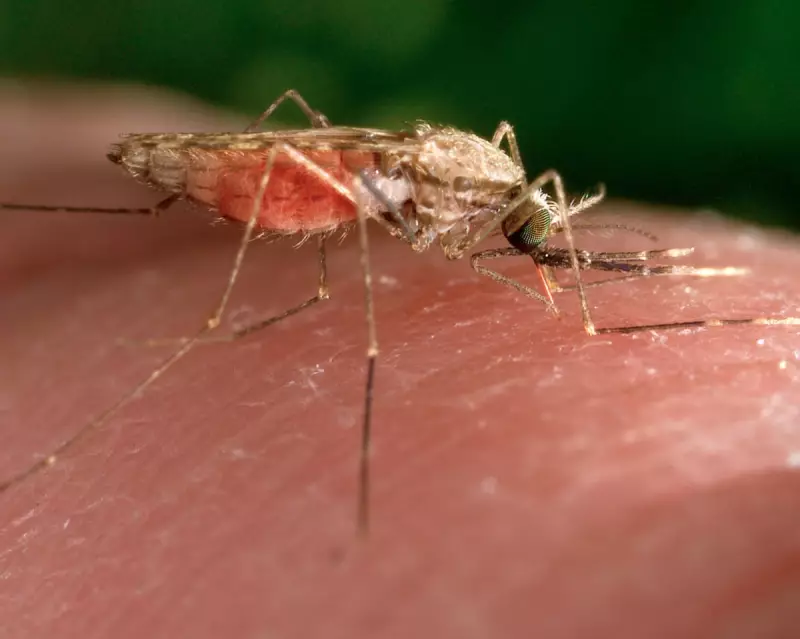
Zimbabwe is grappling with a dramatic increase in malaria-related deaths, exacerbated by reduced funding from the United States and the growing impact of climate change on mosquito populations. Health officials warn that the situation could spiral further without urgent intervention.
Funding Cuts Worsen Crisis
The Trump administration's decision to slash contributions to global health initiatives, including malaria control programmes under USAID, has left Zimbabwe struggling to maintain essential disease prevention measures. The cuts have disrupted mosquito net distributions, insecticide spraying campaigns, and public health education efforts.
Climate Change Fuels Spread
Rising temperatures and changing rainfall patterns have created ideal breeding conditions for malaria-carrying mosquitoes, pushing the disease into regions previously considered low-risk. "We're seeing cases in areas where malaria was virtually unknown a decade ago," reported a Harare-based epidemiologist.
Local Health Systems Overwhelmed
Hospitals in affected regions report being overwhelmed, with shortages of antimalarial drugs and diagnostic kits becoming commonplace. The situation is particularly dire in rural communities where access to healthcare is limited.
Key Statistics:
- Malaria cases have increased by 40% compared to last year
- Mortality rates among children under five have doubled
- Only 30% of at-risk populations have access to mosquito nets
Public health experts are calling for immediate international support to prevent what they describe as a potential humanitarian disaster. "This isn't just Zimbabwe's problem," warned one WHO official. "Malaria doesn't respect borders."





